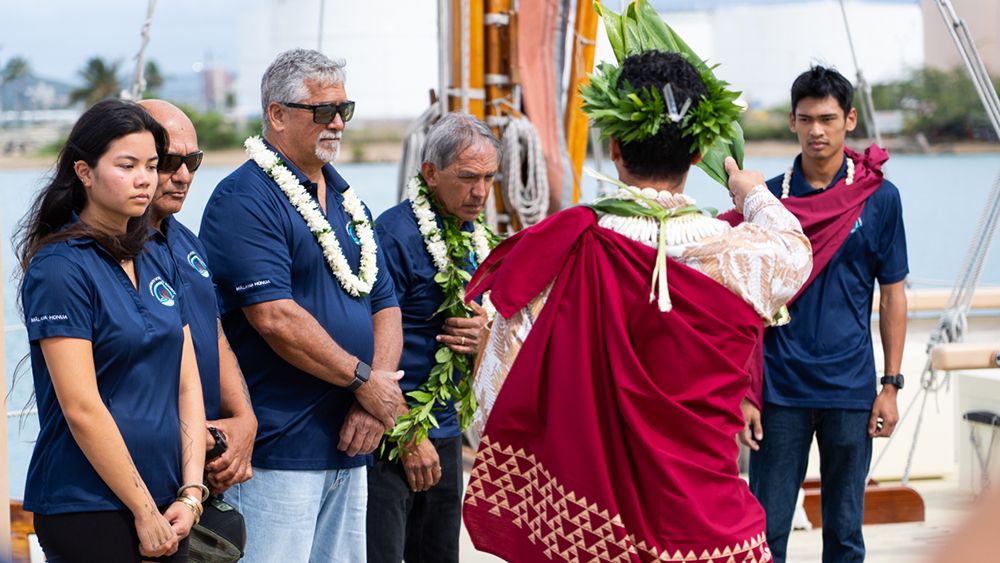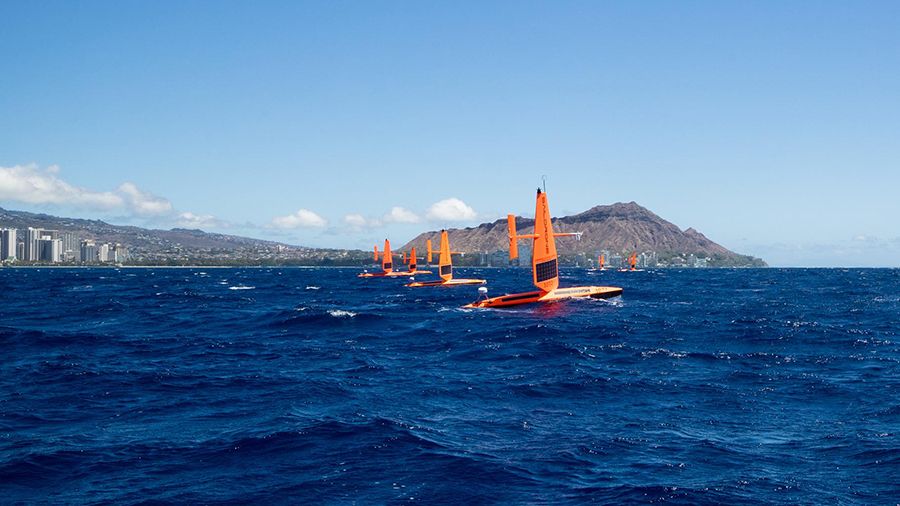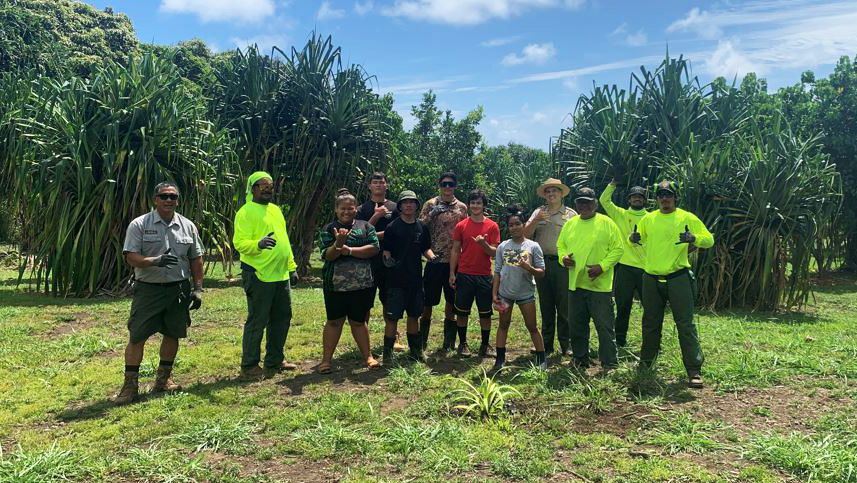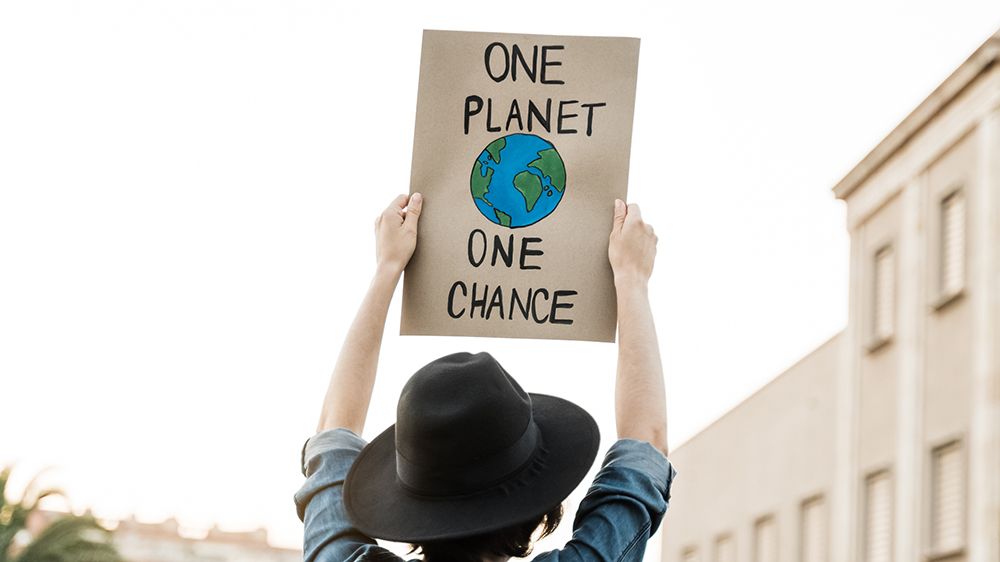HONOLULU — After five years of preparation and planning, the Polynesian Voyaging Society announced Tuesday that the Moananuiakea Voyage will begin its circumnavigation of the Pacific once Hokulea and Hikianalia reach Juneau, Alaska on June 10, 2023.
The four-year expedition will take Hokulea and Hikianalia along with 400 crew members over an estimated 43,000 nautical miles around the Pacific, visiting 36 countries and archipelagoes, nearly 100 indigenous territories and over 300 ports.
The goal of the voyage is to ignite a movement of “10 million planetary navigators” by developing young leaders and engaging communities around the world so they can navigate the earth toward a healthy, thriving future. This is where Wa‘a Honua comes in.
Nainoa Thompson, CEO of the Polynesian Voyaging Society, said there is a third canoe in addition to Hokulea and Hikianalia — Wa‘a Honua, meaning “canoe for the earth.” Wa‘a Honua will connect the stories from around the world, anytime, anywhere, with equity and inclusion at the heart of the mission to inspire the next generation. As Thompson said, it’s up to the senior generation to provide the tools for the next generation.
“This is about not just the oceans, but this is about taking discovery and moving it towards choices and moving it towards the choices that will take action that we believe is going to help build a future that is good enough for our kids,” said Thompson.
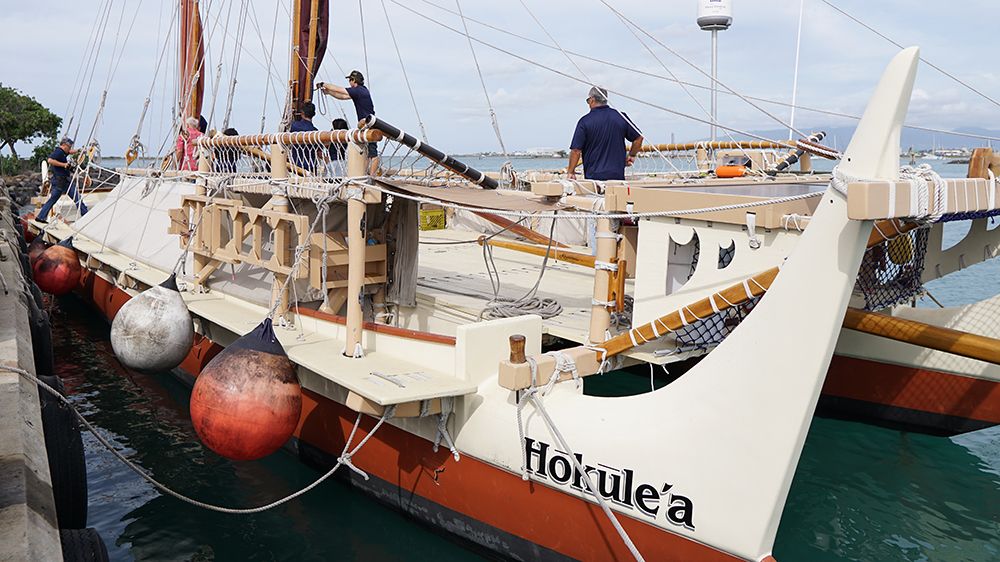
“Moananuiakea, I believe, is the most difficult journey, partly because physically it’s the longest time and distance and it’s hard — the currents, the tides, the issue of hypothermia in Alaska, we need to be prepared,” explained Thompson. “But what I really mean by most difficult is achievement of the mission. We’re trying to reclaim our relationship to the earth, and the destination is not ours. It’s whether this world is going to be healthy for our children.”
When Spectrum News asked Thompson about the situation between China, North Korea and Taiwan and if an escalation would alter the route, he said he is most concerned about the South China Sea.
“There are dangerous places on this earth,” said Thompson. “In the year 2000, we had conversations with high-level officials in Russia … we had a chance to go because of cultural exchange. Right now we can’t do that. The other issues that surround the South China Sea, they’re extraordinarily dangerous. My job is to keep our crew and canoes safe. The great danger of our times is ourselves, when we choose war over peace or we kill each other over boundaries that should not exist. These are choices that we’re making that I cannot put the crew and canoes into.
“So we’re going to go. And we’re going to hope for peace,” continued Thompson. “But we’re going to make decisions that we make as navigators every day. We believe that the most dangerous route of all time with Hokulea is the South China Sea, statistically, for many, many reasons. And so we’re going to watch the environment, watch the crews, and choose safety. Some of the places we may not be able to go, but we don’t know yet. We’re going to hope that we will, but we’ll see.”
On April 16, Hokulea will begin her next epic journey to Juneau, Alaska, along with an escort boat, gear and supplies via Matson and Alaska Marine Lines. She’ll begin with a pre-voyage Heritage Sail along the southeast area to Yakutat, Alaska, paying homage to Native Alaskan leaders, as well as the places that played a part in building the longstanding relationship between Hawaii and Alaska.
On June 10, Hokulea will arrive in Juneau at Auke Bay, the traditional lands of the A’akw Kwaan. The canoe and crew will engage with the community through educational opportunities. Then on June 15, Hokulea will embark to circumnavigate the Pacific.
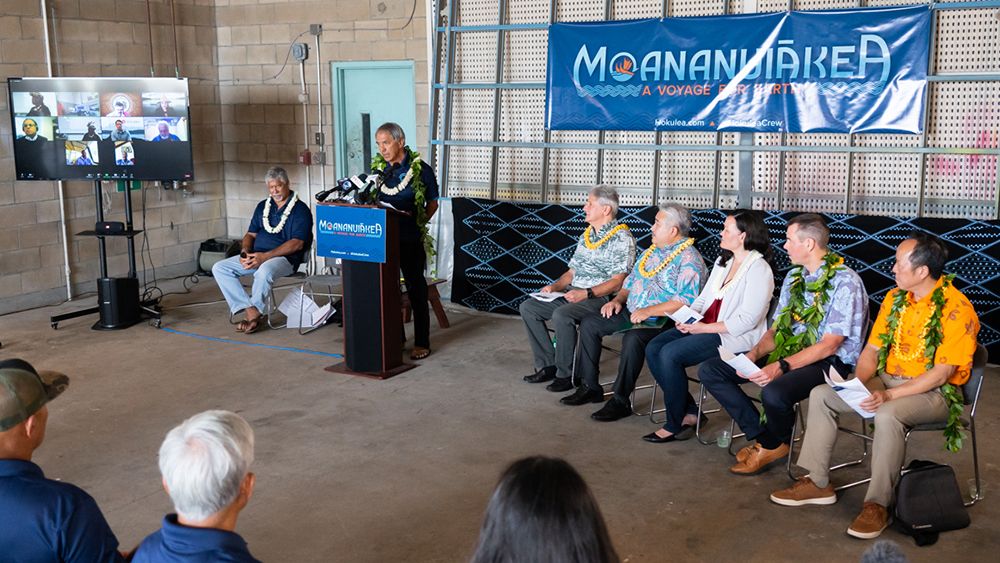
Representatives from Alaska joined the press conference via Zoom to officially invite and welcome Hokulea and her crew. They included President Richard Peterson of the Tlingit and Haida Indian Tribes of Alaska, Anthony Mallot of Sealaska Corporation, and Barbara Blake of the First Alaskans Institute.
Also joining the conference were Pinapedi Rusanglet and Helen Scott of the Kaviyangan Paiwan Tribe (Taiwan), Max Yarawamai representing Ulithi and Yap (Micronesia), Minister Heremoana Maamaatuaiahutapu and Merehau Anastas (Tahiti), and Stan Conrad and Jacko Thatcher (Aotearoa).
David Lassner (University of Hawaii at Manoa), Keith Hayashi (Department of Education), Lindsay Ah Loo (Nakupuna Foundation), Bryan Brayboy (Arizona State University via Zoom), Peter Ingram (Hawaiian Airlines), and Jack Wong (Kamehameha Schools) provided brief comments in support of PVS, the Moananuiakea Voyage and its mission.
“We begin with a 31-year relationship with the native people of southeast Alaska,” said Thompson. “And I think Alaska is the appropriate place to begin because in the end this is about family — the family of the earth. And so we go from one family to another, building relationships grounded in respect and trust — a crucial pathway for peace.”
Hikianalia, Hokulea’s sister canoe, will join the voyage in Seattle, Washington, in Aug. 2023.
The Moananuiakea Voyage takes Hokulea and Hikianalia from June 2023 to spring 2027 (subject to change):
- June to Sept. 2023: Alaska, British Columbia, Seattle
- September to Nov. 2023: West coast of the United States
- January to Feb. 2024: Mexico, Central America, South America
- March to Dec. 2024: Exploring the largest country in the world, our country, Polynesia
- Dec. 2024 to May 2025: Aotearoa
- May to March 2026: Melanesia, Micronesia and Palau
- March to Sept. 2026: West Pacific, ending in Japan
- September to Dec. 2026: Japan to Los Angeles via ship, then sailing home to Hawaii
- Spring 2027: Tahiti
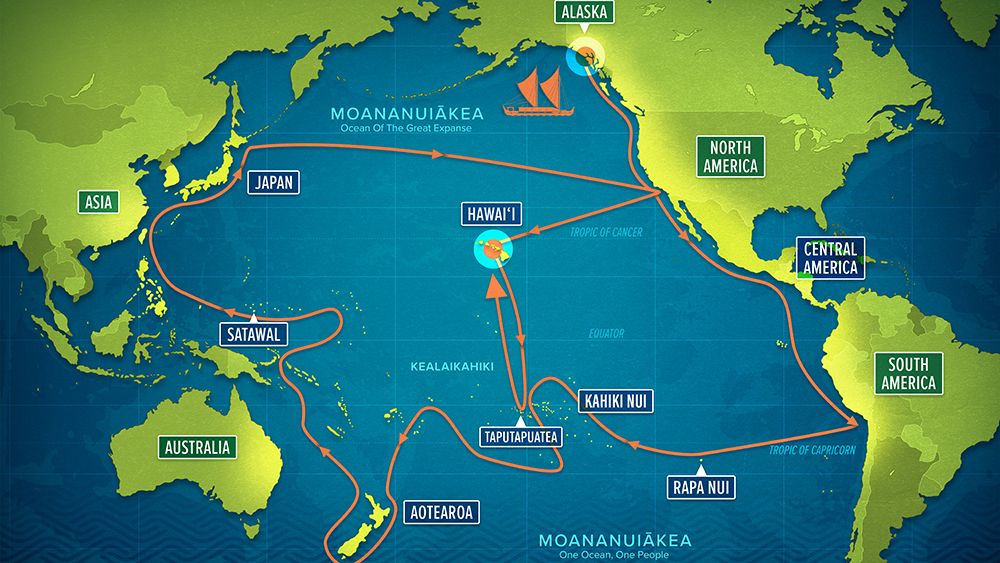
Sarah Yamanaka covers events, environmental and community news for Spectrum News Hawaii. She can be reached at sarah.yamanaka@charter.com.





